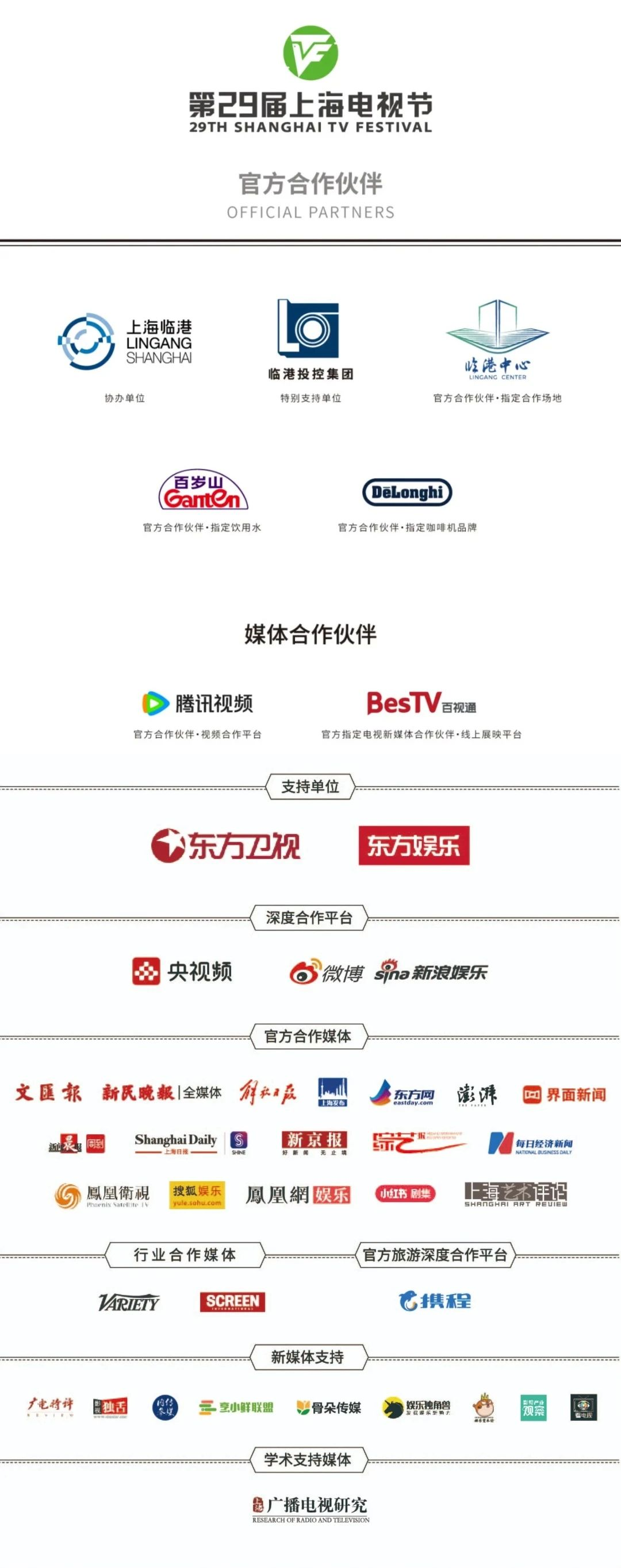STVFORUM|Yan Jiangang: Authenticity and Sincerity First in Filmmaking
From focus and discussion on the northeast in THE LONG SEASON to a wave of nostalgic visits to instagrammable spots in Shanghai with BLOSSOMS SHANGHAI, compelling TV dramas often encourage viewers to reflect on lifestyle choices and provide a spiritually enriching experience. How do TV dramas and their audiences interact and influence one another? How are popular historical and period dramas perceived today? And what impact does technological innovation have on the creation of TV dramas? These questions were addressed by renowned director Yan Jiangang during the 29th STVF Magnolia Awards Jury President MasterClass on June 24th at the Shanghai Exhibition Center.
Yan Jiangang, who served as the jury president for the Magnolia Award in Drama Section at the 21st STVF, will return to oversee the TV drama awards for a second time. He stressed the importance of creators being both genuine and truthful: "The first step in making any drama is to ensure authenticity and sincerity. You must genuinely invest in the creation of the series, earn the audience's belief and agreement, and make them feel your sincerity rather than provoke negative comments."
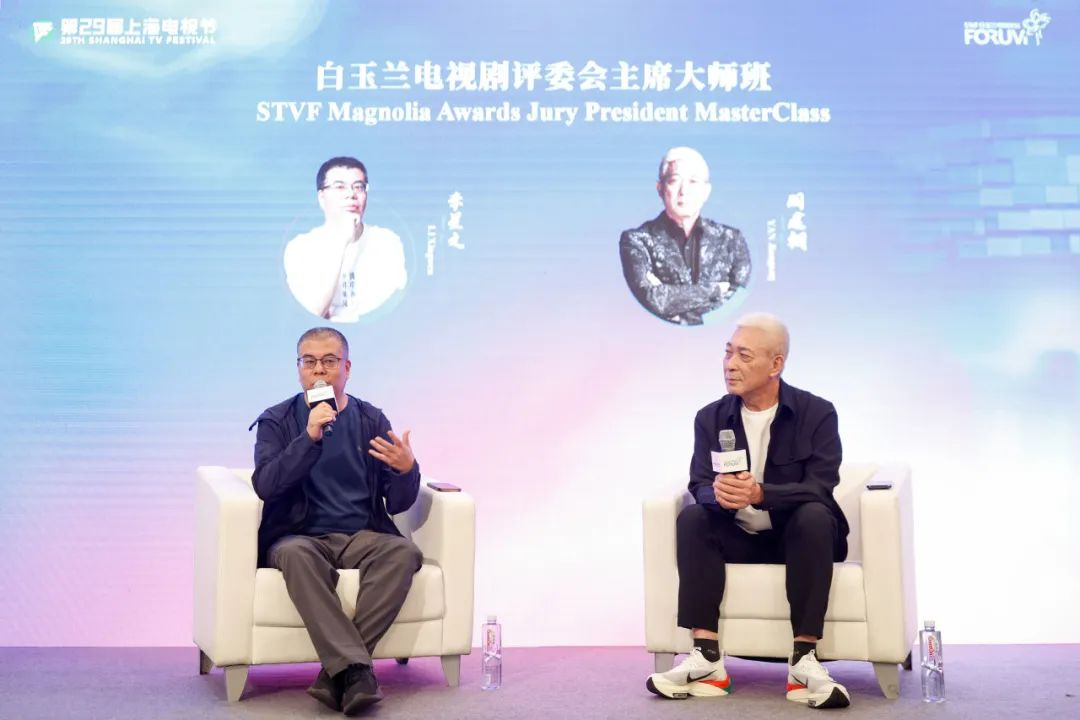
TV Dramas as a Mode of "Communication" and "Lifestyle"
Speaking of the changes in the TV drama industry in recent years, Yan Jiangang pointed out that the biggest change has been the evolving nature of TV dramas. Previously seen merely as a form of art, TV dramas have now greatly expanded in character. The way people watch dramas has changed dramatically; viewers are no longer passive but can interact instantly via comments, becoming participants in the drama in some way. "At the very least, a new characteristic has been added: TV dramas have become a medium of communication." This interaction occurs not only among viewers but also between viewers and the creators.
With the rise of various streaming platforms, the plot details of TV dramas are accessible in many forms. Even if you haven't watched a popular series directly, you can still grasp its main plot through various updates. "Binge-watching" has become a normal part of life. "Engaging with TV dramas or communicating with the worlds within them has become a lifestyle for modern people," he said.
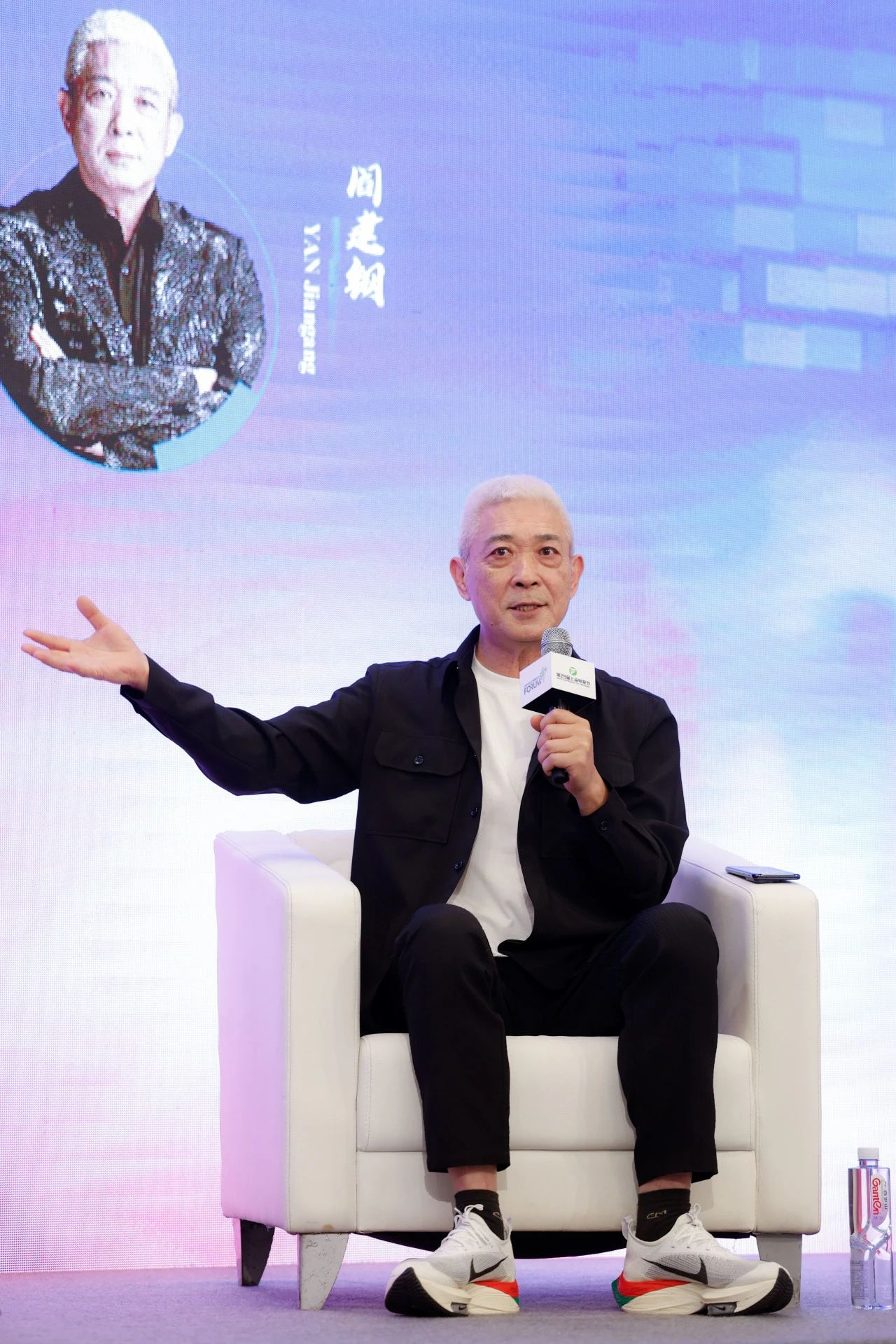
These changes in the characteristics of TV dramas inevitably lead to changes in all aspects, from creation, production and to distribution. The recent rise of high-quality short series exemplifies this trend. Yan Jiangang explained that in the era when TV shows were only viewed on television, a series needed a certain broadcast period to maximize advertising effectiveness. Today, with simultaneous internet and television broadcasts, and especially as the revenue model for online platforms no longer relies solely on advertising but also on attracting new subscribers, mostly younger viewers who have experienced the best series worldwide and have specific expectations about story pacing and plot density, disfavoring dragged-out narratives, creators are prompted to consider how to keep viewers engaged without speeding through the content. It's not just about increasing the pace of dialogue.
The emergence of the short series, according to Yan Jiangang, is an inevitable choice. "Whether it's our traditional culture or today's media realities, they provide us with models. We can express emotions, stories, or events in both long and short forms. However, in today's era, a longer series isn't necessarily better, and I believe that short and medium-length series will occupy a significant share of the market in the future."
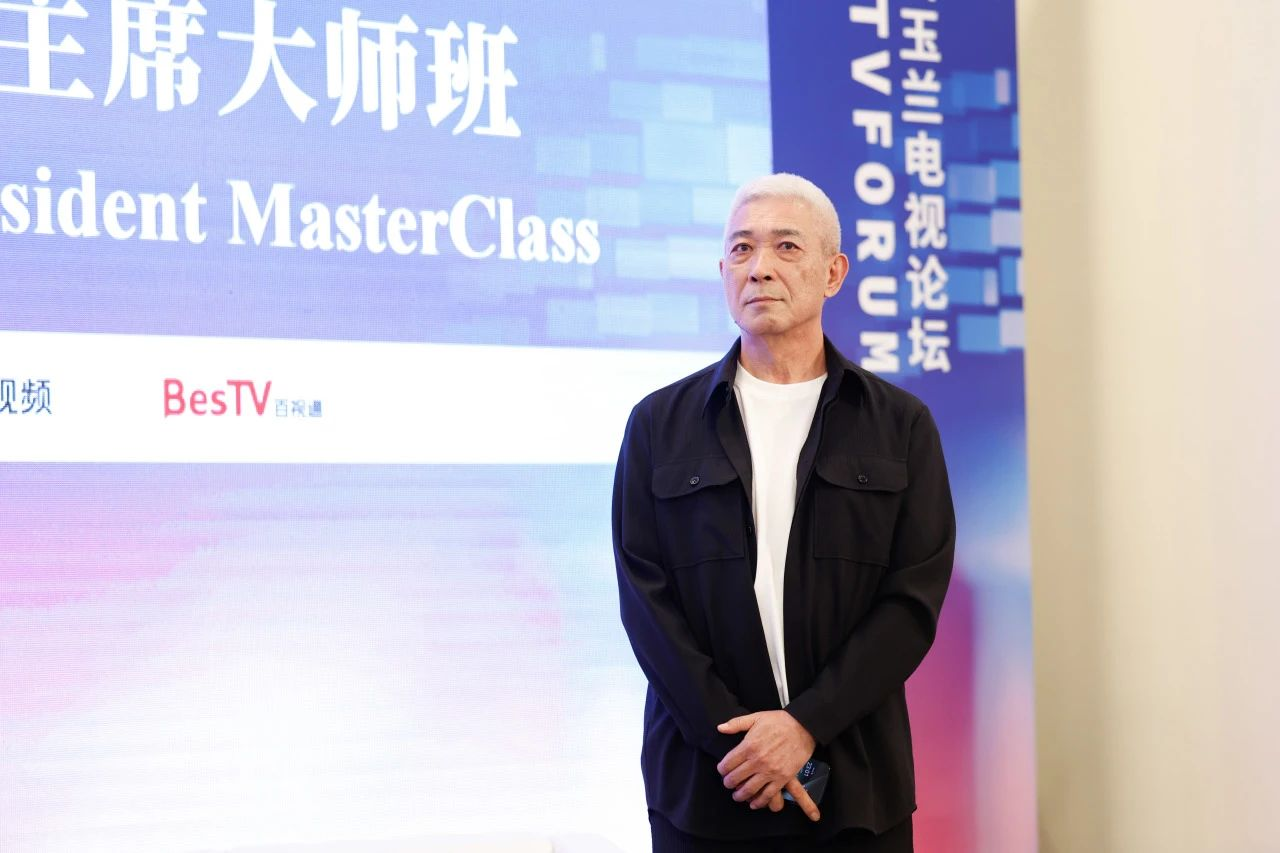
Emphasizing the "Contemporaneity" of Historical Drama Creation
Yan Jiangang, known for three historical classics in his early years including EASTERN ZHOU, THE WARRING STATES PERIOD, QIN SHIHUANG, THE FIRST EMPEROR and ZHAO SHI GU ER AN, stressed from his personal experience that good historical dramas should be continually updated to reflect "contemporaneity". "Firstly, these dramas are made for today's audience, so they must possess a contemporary nature; secondly, since they are intended for today's youth, they must utilize a communication system that resonates with modern young audiences. This means your presentation must engage them in a way that they don't speed through or abandon the show after a brief viewing."
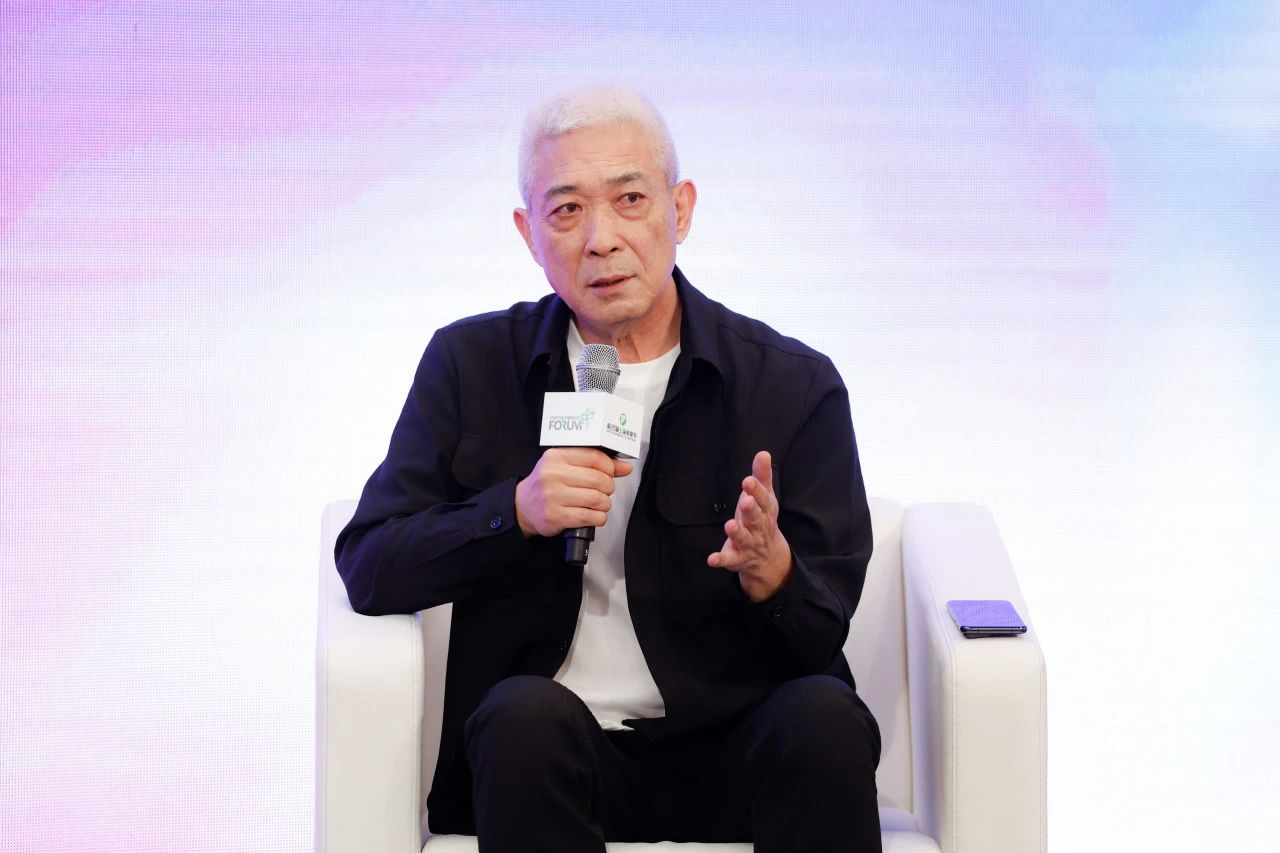
This requirement for "contemporaneity" applies not only to the drama but also to the directors themselves. Yan Jiangang joked that when he filmed QIN SHIHUANG, THE FIRST EMPEROR over twenty years ago, he portrayed a version of the First Emperor as he saw him at that time. "However, my experiences, insights, and learning capacity have constantly evolved, subtly influencing my values and worldview. If I were to film QIN SHIHUANG, THE FIRST EMPEROR today, it would likely be quite different from twenty years ago."
Yan has been preparing for his historical drama THE KING OF THE KHITAN for ten years, spending over six years refining the script, which has undergone five revisions. He feels annually outdated with each rewrite, maintaining a high level of vigilance: "We must never be complacent. You might think your understanding is correct, but a single change can prove you wrong. When discussing with fellow directors, I stress that our generation must recognize the value of younger directors. We need to reformat ourselves; reformatting is like reinstalling the system. Only then can we qualify as peers to this new generation of directors, or else we will be obsolete."
During the Q&A session, an audience member noted that many dramas use a hint of historical fact to construct fanciful stories in "palace intrigue" or "dramatized history" genres, lacking in rigorous historical drama. Yan Jiangang directly addressed this: writing solid historical drama requires considerable historical knowledge, yet the traditional group of historical drama creators lacks innovation, failing to produce new narratives that engage contemporary audiences. Meanwhile, younger screenwriters have easier and more appealing options, reducing their interest in crafting rigorous historical narratives. "One approach yields greater results with less effort, while the other yields less for more effort. The choice reflects a difference in values."
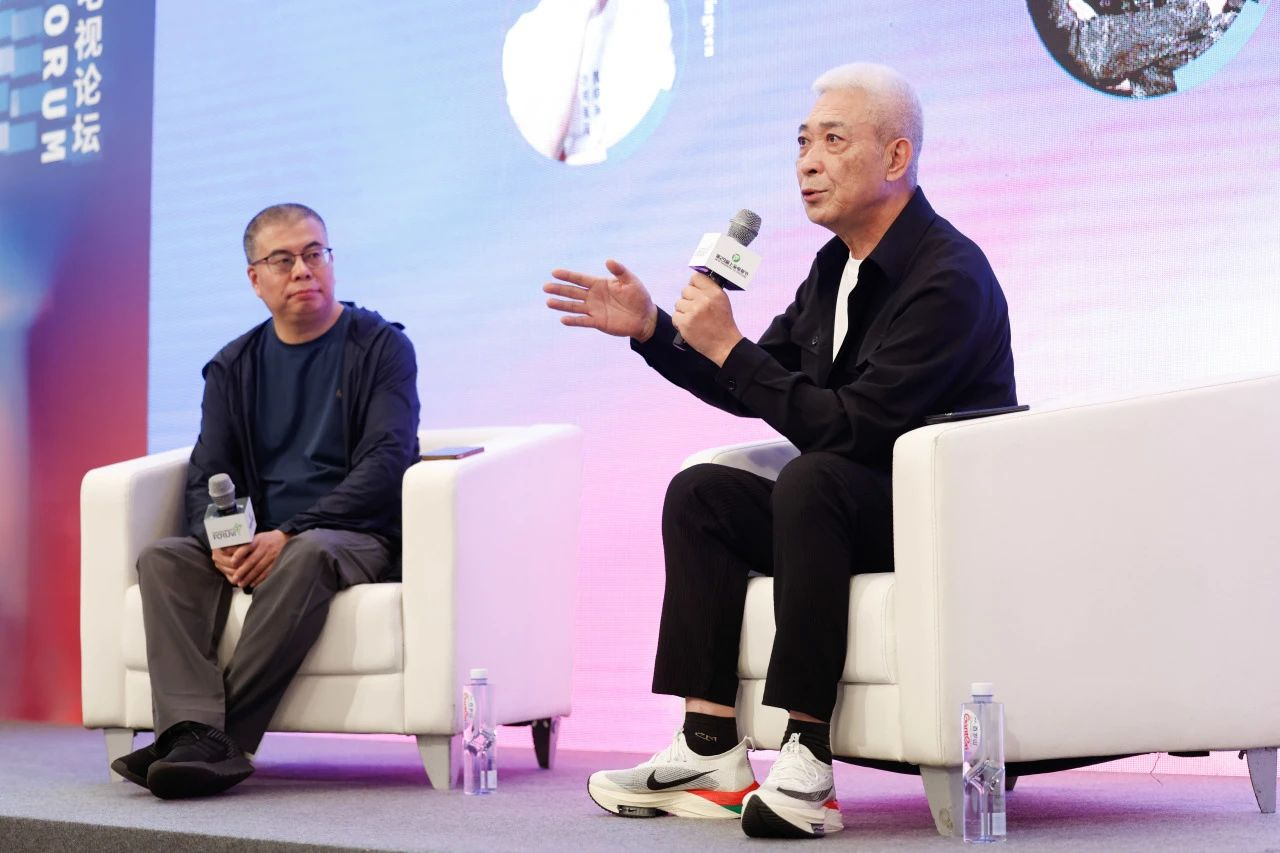
Using SONG OF YOUTH to Offer Contemporary Youth a Point of Reference
Yan Jiangang's profound self-reflection and desire for novelty enabled him to handle historical, period, and contemporary dramas skillfully. Last year, his period drama MILES TO GO, which can be seen as a continuation of Lu Yao's novel "Life", sparked extensive discussions about life choices. This year, Yan is preparing a new drama, SONG OF YOUTH, adapted from the eponymous classic novel. He hopes to use the values of the youth from that era to communicate with today's young people.
Why choose youth as a theme? Yan explains that the term "youth" never goes out of style and is always the most precious phase of life. The director spent his own youthful years immersed in producing one TV series after another, full of energy and indifference to gains and losses. "Subconsciously, I think I have enough 'youth capital' to withstand numerous setbacks and failures. That's the power of youth. I'm particularly interested in the stories of this life stage, and that's the kind of story I want to depict."
The term most often associated with "youth" is "confusion", which is why Yan chose SONG OF YOUTH. This story, unfamiliar to the younger generation of readers, was a blockbuster both as a novel and a film in its time. Set in the 1930s, the female protagonist Lin Daojing, aged around eighteen, is utterly confused. Influenced by a young senior from Peking University, she finds new meaning in life and faith and becomes devoted to the revolutionary cause.
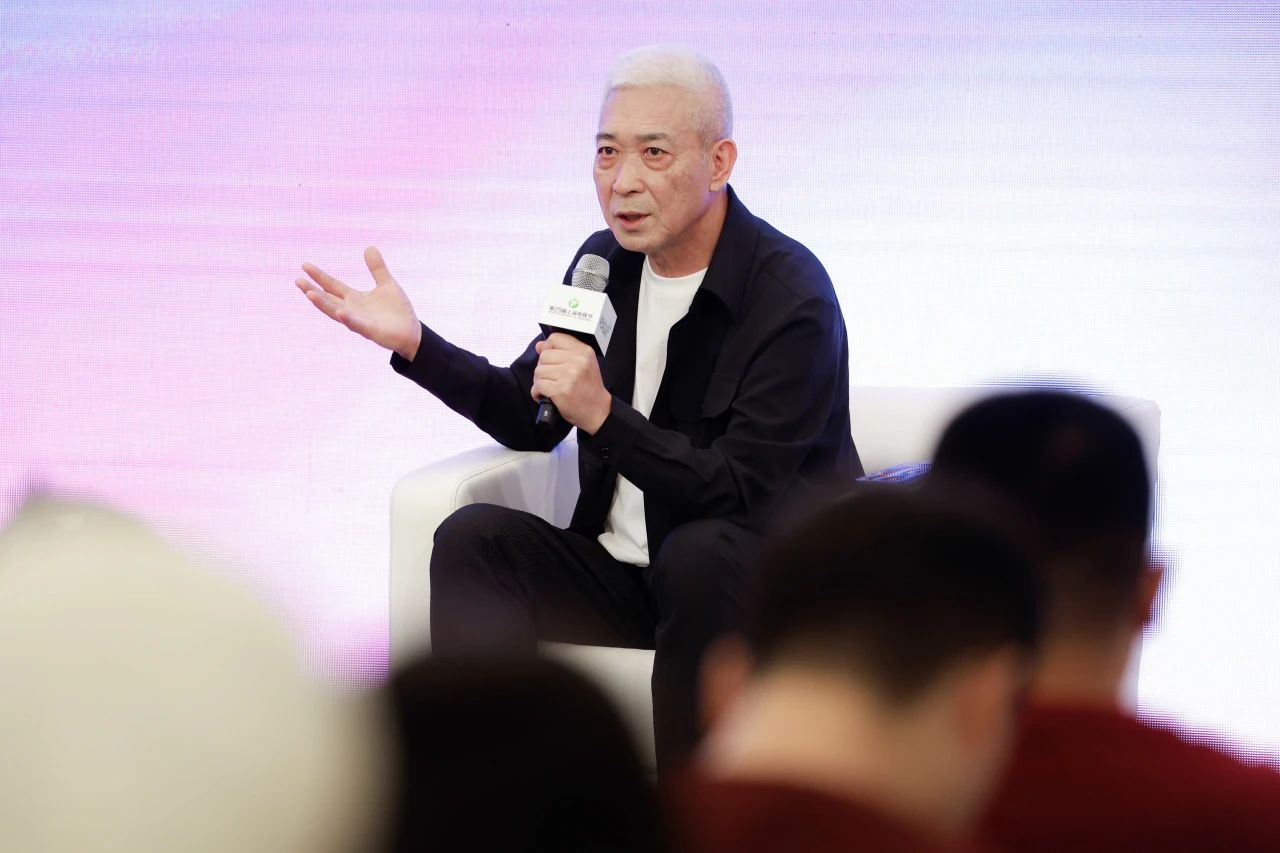
Although the times have changed, Lin Daojing's confusion, dissatisfaction, and struggles still exist to varying degrees among today's youth. Yan states, "How do you face the obstacles in your life? Only faith can resolve these issues. So I wonder, how did the youth of decades ago resolve similar life challenges? What are our solutions today? I want to depict the choices of past youth as a point of reference."
From Qin Shi Huang to Lin Daojing and then to Gao Jialin, each character in Yan Jiangang's dramas offers audiences a unique viewing experience. According to Yan, while TV dramas come in various genres, at their core, they are "dramas about people", about life stories. "Why does a drama become a hit? It's because the audience identifies with the stories and the fates and emotions of the characters. It's the creator's sincerity and professional ability that produces a believable tapestry of life that resonates with viewers."
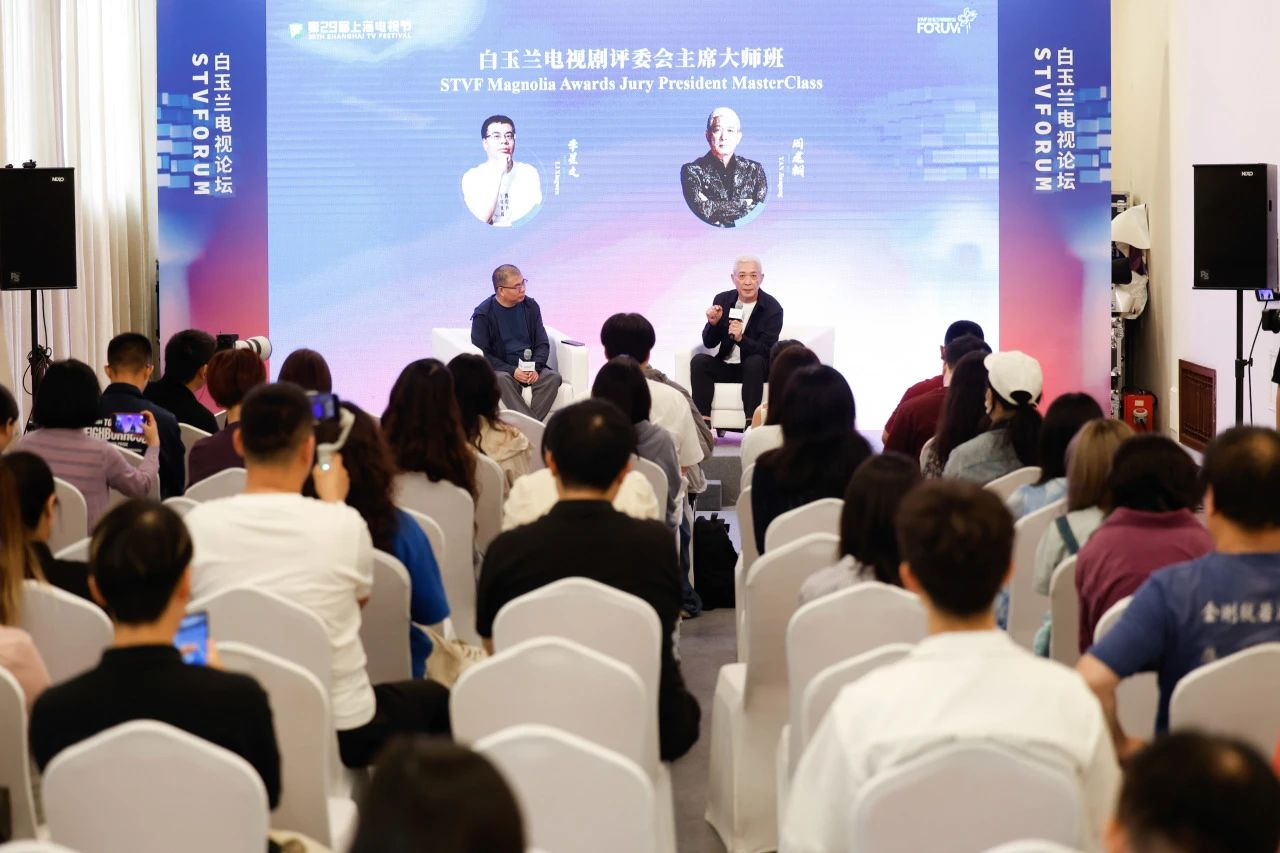

The 29th STVF is hosted by the National Radio and Television Administration, China Media Group, and the Shanghai Municipal People’s Government, and organized by Shanghai Municipal Administration of Radio and Television and Shanghai Media Group, with co-organization by the Administration Committee of Lin-gang Special Area of China (Shanghai) Pilot Free Trade Zone, and special support from Shanghai Lingang Special Area Investment Holding (Group) Co., Ltd.
